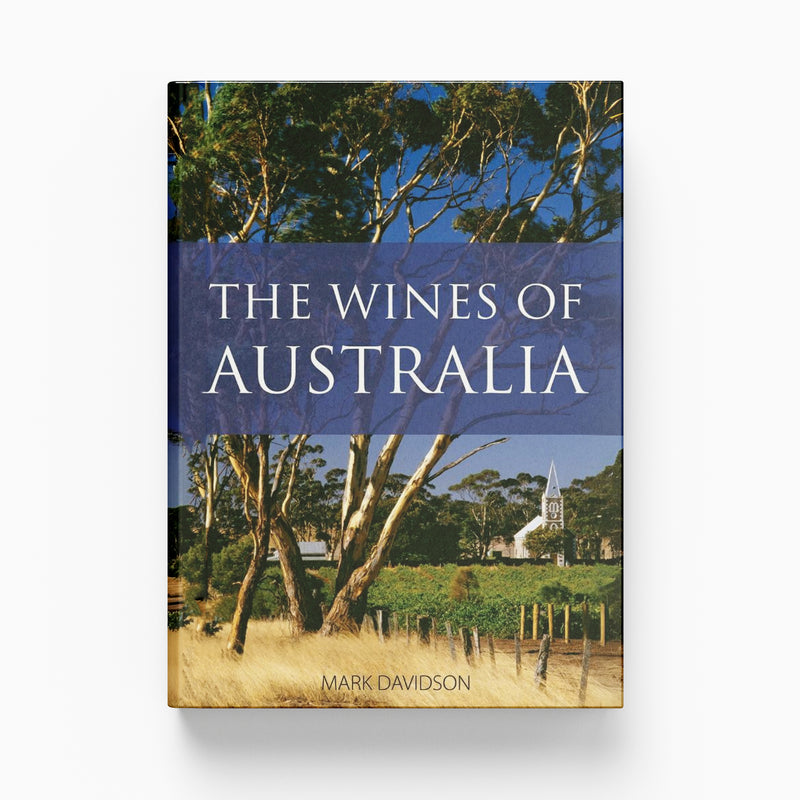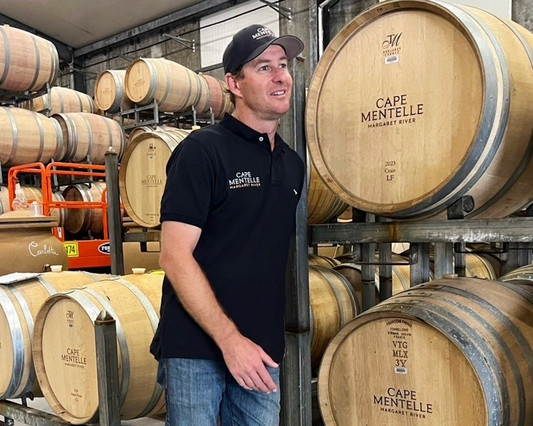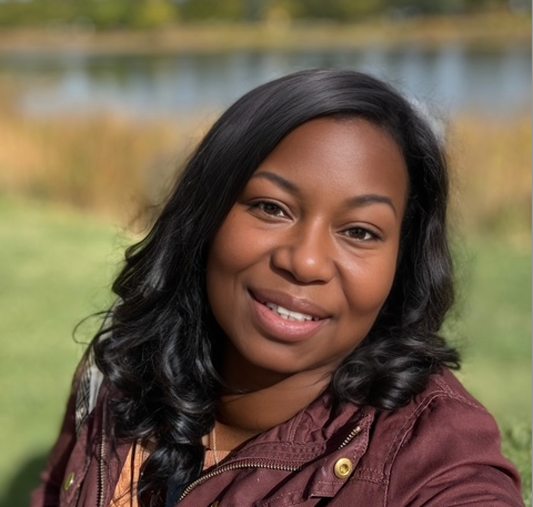Cape Mentelle is one of the original five producers that put Margaret River on the wine map in 1970. David Moulton, head of viticulture and winemaking, grew up locally and has spent all of his professional life working in Margaret River, so he’s uniquely placed to reflect on its growth. Andrew James caught up with him during harvest as the region celebrates its 55th birthday.
How has Margaret River changed in the last 55 years?
Margaret River is a beautiful place and that hasn’t changed but the practices have. If you talk to [Cape Mentelle founder] David Hohnen about the ‘70s and early ‘80s, they just waited until the birds started to attack the crop and then they picked. Now we strategically place nets around the vineyards and we’re using a lot of analysis. Margaret River has expanded. There’s a town called Cowaramup about 15 minutes from here which is about five times bigger than it was when I was young. In the middle of July you could park anywhere you wanted on the main strip because there was no one in town. But now it’s just busier. Western Australia has had a big injection of cash from the mining industry and we see the overflow effects of that.

You are analyzing soils, sites and expositions?
Yes, the big driver for us is organic matter levels. We are looking for soils that are balanced but also with a lot of life in them. We continue to do a lot of cover cropping.
You can do that because of the moderate climate and the rainfall, but is it becoming a challenge due to climate change?
Even in dry years we’ll get in excess of 700 millimetres of rainfall. Our average is about 1100. It’s not just the quantity, but the length of the season. We’ll get rainfall all the way through spring and sometimes into early summer. Apart from last year, which was the driest year on record, we’re not utilizing much irrigation.
You do a lot of dry farming?
We’ve got some Zinfandel from ’74 and that’s my only block without irrigation. I’m all for dry farming but I will water Cabernet here. I don’t want rustic tannins. We want polished tannins and we get that through happy, healthy plants. But we don’t want too much vigour. We measure leaf temperature, ambient temperature, humidity, and they tell us what the plant requires, not what is in the soil. We want to invite some stress but keep the plant in its sweet spot, so I will water. Today was 31 or 32. It got quite warm at 11:00. You’ve got a beautiful sea breeze blowing out there now and it’s dropped the temperature. If you go out and put your hand on the canopy the leaves will be cool to touch. They are transpiring and active again, which is what we want. To maximize the amount of time that the vine is actually functioning each day. I don’t want it to concentrate sugar but slowly evolve and ripen the tannins.
How has your attitude to viticulture and winemaking evolved? Do you do anything now that you could never have imagined yourself doing 20 years ago?
I think with Shiraz everyone is getting a bit more confident, so we're seeing a lot more whole bunch pressing, to refine and refresh the style. I asked our senior winemaker if we are going to do any Shiraz [without full bunch] the way we used to? She said, no, we’re not.

Any varieties wine lovers aren’t aware of that you think might shine brighter in the future?
We grow 10 different varieties here at Cape Mentelle. My prediction for the future is Cabernet Franc. We’ve got a couple of blocks, one planted in 1974 and the second in 1988. Not a big volume. It produces a blue-fruited wine. I love the deception because the fruit flavours are pretty and light but the tannins have incredible punch. I refer to it as the velvet sledgehammer because it smells like violets and is pretty but the tannic power is just phenomenal. With the way things are headed, Cabernet Franc could be a really good asset for us.
What are the challenges for Cape Mentelle as a winery in a popular tourist region?
The majority of the 6000 hectares of vines in this region are planted on their own roots. Now that we have a big airport in Busselton half an hour away, I am petrified about phylloxera coming into this region. That’s why we are investing in rootstocks. One, it changes the ripening curve so we are mitigating risk in our vineyards. Two, it will protect our vines against phylloxera.
How would you compare the best wines from here with Bordeaux, California, the Super Tuscans?
You are going to get me in trouble with that one. We’ve been running an international Cabernet tasting here at Cape Mentelle for 42 years. This year in November we’ll be looking at the 2022 vintage from all over the world: Bordeaux, Napa, Italy, South Africa, New Zealand and Australia. It's a celebration of Cabernet, not a competition. With wine, beauty is in the eye of the beholder.
Could you recognize a Margaret River wine in a blind taste test with the wines from those other regions?
Many years ago, probably more so. There is more house style from north to south in this region, so it’s getting harder. In certain years, when we’ve had rain close to harvest, you get a eucalyptus note, though that’s also famous in Coonawarra. I’d like to think yes for the freshness and vitality. Often we get the journalists at the international tasting whose lives are tasting wines and they make pretty grand calls: this is the wine from Napa! As styles evolve and people experiment it is getting harder. We have more license these days to have a little fun.

To see the heights at which Margaret River can soar, try these three bottles from Cape Mentelle’s Heritage series: the dry-farmed Zinfandel, the supremely elegant Cabernet Sauvignon with refined tannins and the luscious Chard.
Andy James is a professor in the School of Commerce at Meiji University in Tokyo. His book Bandol Wine and the Magic of Mourvèdre was published in 2023. In addition to teaching English and wine business classes at Meiji he has established a summer study wine program at Curtin University in Perth.





